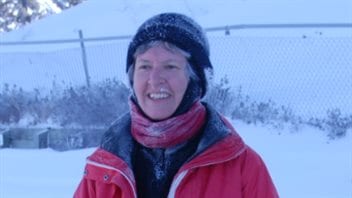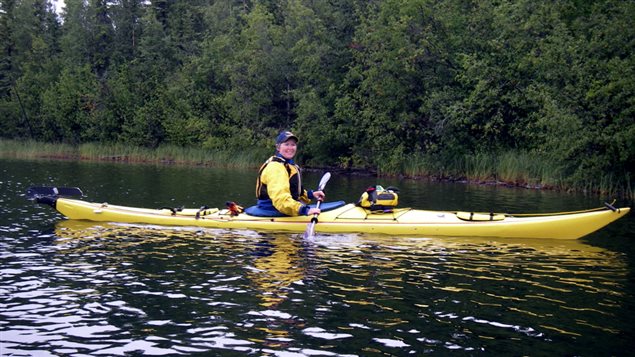It’s vacation time in Canada and while many people like to get into the wilderness, too often they are unprepared, say search and rescue volunteers. And people do get into trouble.
Accidents, weather changes mean trouble
“A lot of it is usually due to accidents that they’re not prepared for,” says Linda Mushanski, regional coordinator for Adventure Smart in the western province of Saskatchewan. “So somebody slips and falls, hurts an ankle, breaks a leg, something like that.
“In some cases it…you get an unexpected turn of the weather and they’re not prepared for it. Those are probably the most common (situations).”
ListenSurvival improved with ‘three Ts’
Adventure Smart is a national program that encourages people to get outdoors but to do it safely. It recommends three Ts to improve people’s chances of survival should they get hurt or lost.
-trip planning: Plan your route and make sure you tell others where you are going and when you plan to be back. That way if you don’t return rescuers know where to look for you.
-training: Make sure you have the skills for the activity. “A five-minute kayaking course does not mean that you can go do class 4 rapids down one of our major rivers,” says Mushanski
-taking the essentials: Even on short outings, it is recommended that people bring
- Flashlight
- Fire making kit
- Signalling device (i.e. whistle)
- Extra food and water
- Extra clothing
- Navigational/communication devices
- First aid kit
- Emergency blanket/shelter
- Pocket knife
- Sun protection

Cellphones are often unreliable
Cell phones may not save you. Muchanski says coverage in rural areas may be spottier than what people are used to at home. Geographical features like valleys and cliffs may make reception impossible. And batteries run out.
Be aware of animals, she advises. Making noise and making oneself look big will most often make animals flee.
‘Go out, be safe’
“Go out, enjoy our outdoors,” says Muchanski. “It’s a great place to be. We have a lot to offer especially here in Canada. However, take the time to think about the three Ts…trip planning, training and taking the essentials.
“We want everybody to be informed. Go outdoors, but we want you to do it safely.”







For reasons beyond our control, and for an undetermined period of time, our comment section is now closed. However, our social networks remain open to your contributions.